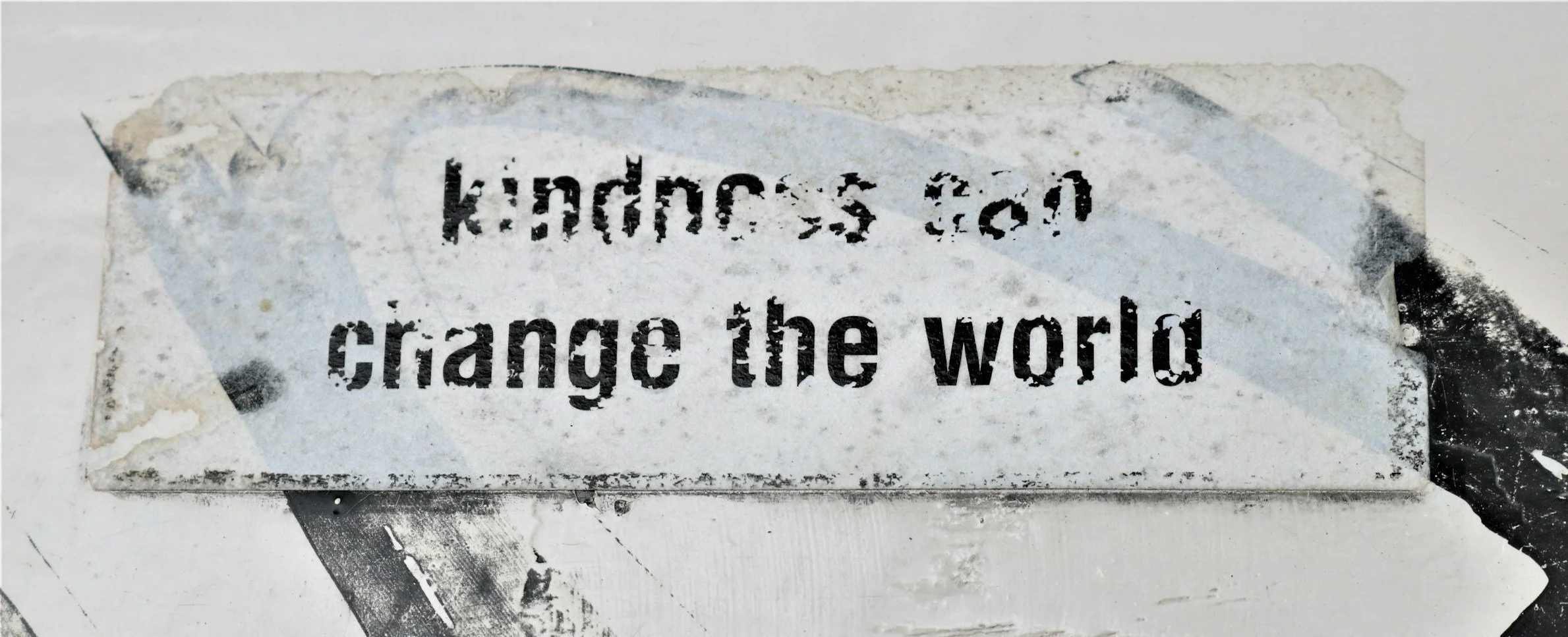Build Kindness on Top of Justice
The other day, I had a casual—but surprisingly deep—conversation with my teenage son about fairness, doing what’s right, and what it truly means to be kind. He shared a story from school that I thought was a good opportunity for us to learn from.
In his culinary class, he and a classmate had been partnered to prepare food together. My son showed up and participated in every session, while his partner missed most of them for unknown reasons. At the end of the session, each student received a portion of the food they helped make—my son got his, but his classmate didn’t, since she hadn’t been there to contribute.
At that moment, he noticed her looking at him—he couldn’t quite tell if it was expectant or judgmental—but he didn’t like how it felt. So, he chose not to share his food. Later, he asked me, “Was what I did right or wrong?”
That question opened the door to some reflection.
By the usual standards of fairness, he wasn’t wrong. We live in a world where effort earns reward—you get out what you put in. That seems just. Although we’re taught to be kind, it’s hard when we don’t feel kindness in return—or when something feels unfair—it’s easy to pull back. From that perspective, his decision made sense.
But I told him there’s something even greater than fairness—a higher goal we should try to attain: kindness.
Fairness is important. It’s measurable, logical, and often written into laws and policies. It creates structure in society. However, when a society runs solely on justice, it can feel cold, transactional, and incomplete. Worse, it will become a breeding ground for payback, evening the score, and revenge.
What gives society its culture is the unwritten rules. And kindness is the heart of a beautiful culture. Kindness doesn’t keep score. It lets us give, even when we don’t have to. It asks not what someone has earned but what they might need. It’s choosing grace over ego, connection over pride, the long-term good over the short-term win.
Looking around today, you’ll see how divided our society has become—left vs. right, liberal vs. conservative, Democrat vs. Republican. Everyone clings to their version of what’s “right.” But when no one’s willing to listen, bend, or show grace, the conversation dies. We stop giving. We stop growing. Not because we don’t care but because we’ve become more attached to being right than being kind. And when we can’t work together, history shows us what happens: strongmen and dictators rise.
The truth is, being right isn’t always enough. Justice without kindness is like the frame of a house without the warmth of a home. If we want to move forward—whether in a classroom or a country—we must aim higher. We have to build kindness on top of justice. We must stop asking, “Who deserves what?” and ask, “What would make the world better?”
Kindness is a skill. Most of us are born with the capacity to be kind, but like running, it takes training to go the distance. With the right method and consistent practice, we can strengthen our kindness—enough to extend it even to those we disagree with.
So, I told my son that being fair is a good starting point. But if he wants to grow as a person, make school more joyful, and make the world more peaceful, then he needs to learn to build kindness on top of fairness. With kindness, he can soften arguments and open doors.
Kindness helps prevent the rise of cruelty and authoritarianism.
Build kind. Even when you don’t have to. Especially now.


